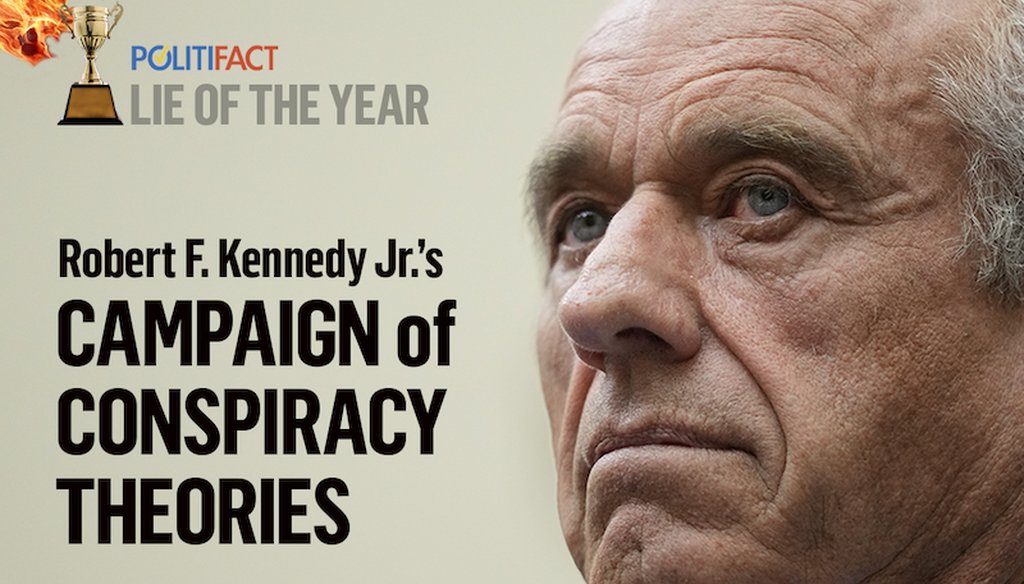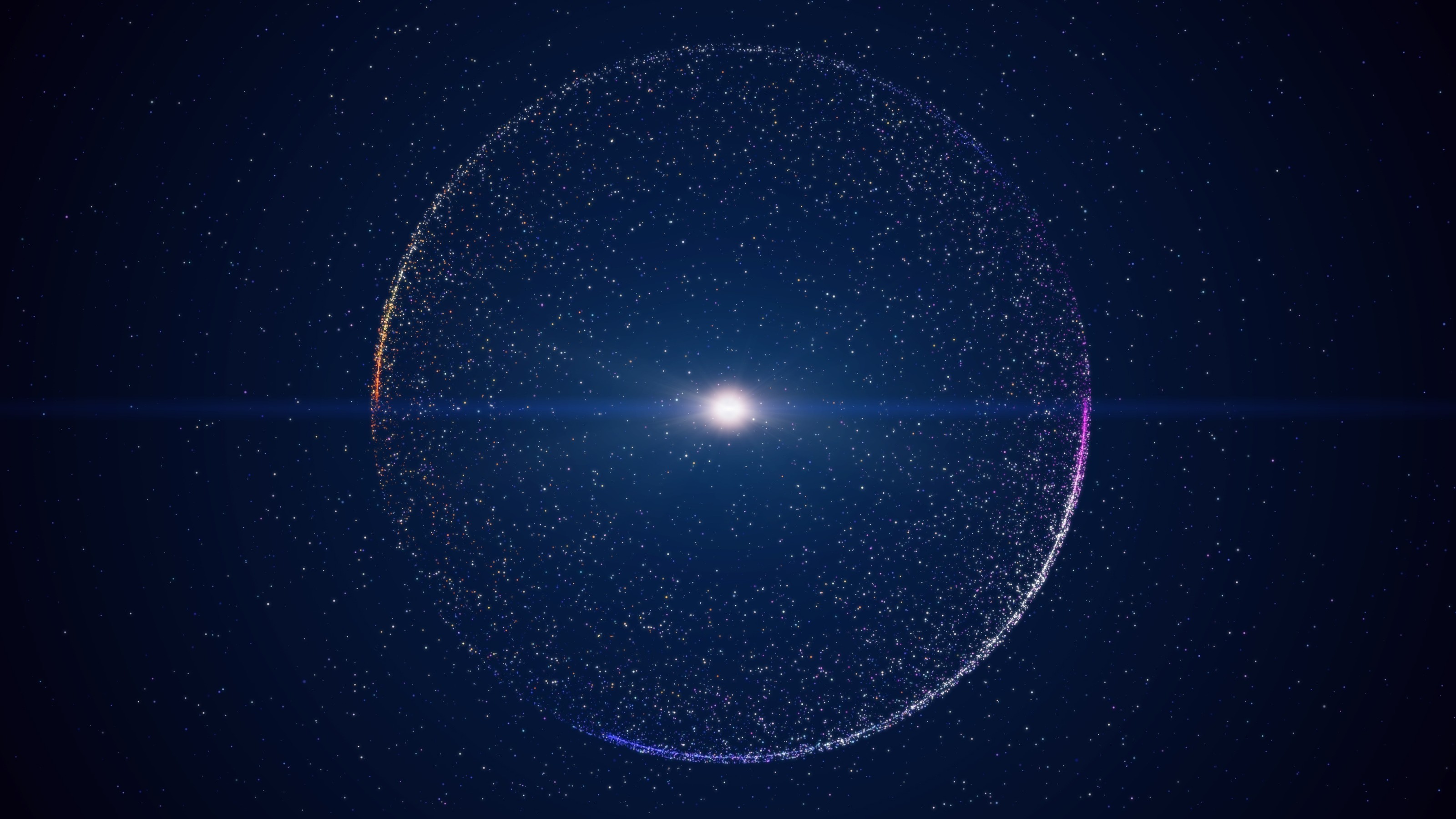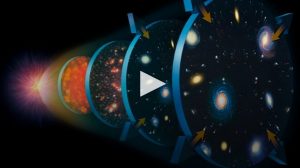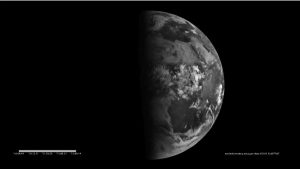Quick post, likely the last one for several days, perhaps a week. Topics: RFK’s lies; Big Think’s “Explain It Like I’m Smart” series; How the humanities have become more political; the most mystifying open questions in science; why a university is expanding a pseudoscience program; Charles Stross on tech billionaires; appreciating the winter solstice; the idea of ‘solastalgia’; right-wing media trends in climate change narratives; and Charlie Warzel on how nobody can keep up online anymore.
\

Robert F. Kennedy Jr.’s campaign of conspiracy theories: PolitiFact’s 2023 Lie of the Year
\\
Interesting series of episodes at Big Think: Explain It Like I’m Smart: “40 episodes:
Even the smartest people benefit from more context. These experts are here to provide just that.”
\

The Atlantic, Tyler Austin Harper, 10 Dec 2023: The Humanities Have Sown the Seeds of Their Own Destruction, subtitled “If the humanities have become more political over the past decade, it is the result of pressure to prove that they are ‘useful.'”
\\

Big Think, Marcelo Gleiser, 21 Dec 2023: 10 of the most mystifying open questions in science
\
Apparently the university needs the money the program draws.

OnlySky, Captain Cassidy, 21 Dec 2023: Duke University expands its reiki pseudoscience program, subtitled “For some reason I thought Duke was a real university offering only state-of-the-art knowledge based in reality. My bad.”
\\
Science fiction writer Charles Stross in SciAm.

Scientific American, Charles Stross, 20 Dec 2023: Tech Billionaires Need to Stop Trying to Make the Science Fiction They Grew Up on Real, subtitled “Today’s Silicon Valley billionaires grew up reading classic American science fiction. Now they’re trying to make it come true, embodying a dangerous political outlook”
\\
NY Times, Shannon Hall, 20 Dec 2017 (now updated): Give Thanks for the Winter Solstice. You Might Not Be Here Without It.
\
There’s been no snow in Central Park for nearly two years.
:format(webp)/cdn.vox-cdn.com/uploads/chorus_image/image/72985624/Solastalgia_final_Bryksenkova_Yelena_2023.0.jpg)
Vox, Anna North, 21 Dec 2023: Missing the feeling of a white Christmas? That might be solastalgia., subtitled “Finally, a term that explains the sadness of a whole season — and a way of life — melting before our eyes.”
\\

Media Matters, 22 Dec 2023: Three concerning trends that shaped right-wing media climate change narratives in 2023
The three are: Right-wing media facilitated comebacks for long-discredited climate deniers; Right-wing media attempted to justify violence against climate activists engaging in non-violent direct action; Conspiracy theorists and right-wing Christian media figures spread misinformation about extreme weather events, often suggesting they were planned or indicative of a religious event.
\\
Harder to keep up. We all live in our own separate realities.

The Atlantic, Charlie Warzel, 18 Dec 2023: Nobody Knows What’s Happening Online Anymore, subtitled “Why you’ve probably never heard of the most popular Netflix show in the world”
I’ll quote some of this:
You are currently logged on to the largest version of the internet that has ever existed. By clicking and scrolling, you’re one of the 5 billion–plus people contributing to an unfathomable array of networked information—quintillions of bytes produced each day.
The sprawl has become disorienting. Some of my peers in the media have written about how the internet has started to feel “placeless” and more ephemeral, even like it is “evaporating.” Perhaps this is because, as my colleague Ian Bogost has argued, “the age of social media is ending,” and there is no clear replacement. Or maybe artificial intelligence is flooding the internet with synthetic information and killing the old web. Behind these theories is the same general perception: Understanding what is actually happening online has become harder than ever.
The internet destroyed any idea of a monoculture long ago, but new complications cloud the online ecosystem today: TikTok’s opaque “For You” recommendation system, the ascension of paywalls that limit access to websites such as this one, the collapse of Twitter—now X—under Elon Musk, the waning relevance of news across most social-media sites. The broad effect is an online experience that feels unique to every individual, depending on their ideologies and browsing habits. The very idea of popularity is up for debate: Is that trend really viral? Did everyone see that post, or is it just my little corner of the internet? More than before, it feels like we’re holding a fun-house mirror up to the internet and struggling to make sense of the distorted picture.







